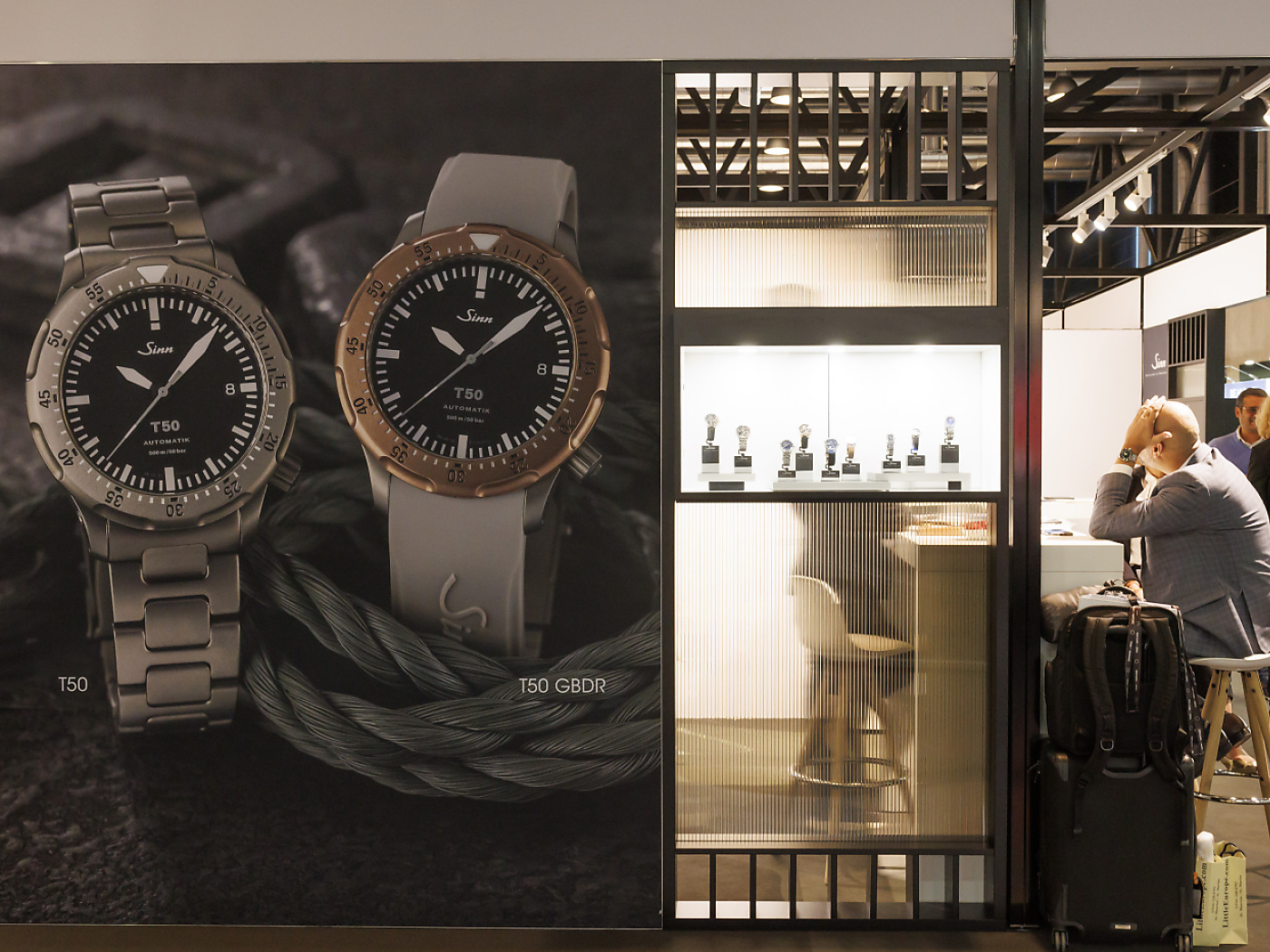
Swiss watch exports down 2.8% in 2024

The watch industry had to contend with a weakening of its exports last year, which reached a volume of CHF25.9 billion ($28.5 billion).
Annual volumes fell by 9.4% to 15.3 million pieces, a decline of 1.6 million units, according to statistics published Thursday by the Federation of the Swiss Watch Industry (FH). Steel watches (-7.0%) and other materials (-12.2%) dragged down exports.
At the end of the year, deliveries abroad fell sharply. In December, they fell by 5.4% to CHF1.96 billion. In terms of volume and value, the overall trend was negative.
Steel watches, the main category in terms of number of pieces exported, increased by 1.2% to 685,500 units, while precious metals stagnated (+0.2%). Volumes of bimetallic timepieces (-16.0%) and the “other metals” segment (-10.9%) plunged. The “other materials” category declined by 8.5% to 394,300 units. The number of total pieces fell by 5.0% to 1.29 million.
In terms of value, the decline was almost across the board for exports. The “precious metals” segment fell by 3.4% to CHF796.3 million, with shipments of steel watches reaching CHF635.4 million (-5.9%), while bimetallic timepieces fell by 10.3% to CHF305.7 million. The “other materials” category was the only survivor, growing by 9.4% to CHF91.9 million.
All price segments recorded declines, notes the FH in its report. The sharpest decline, of 13.2%, was attributable to watches with an export price of between CHF200 and CHF500. Timepieces costing less than CHF200 (-5.9%) and those costing more than CHF3,000 (-5.3%) were also down. The CHF500 to CHF3,000 francs segment limited the damage, declining by 1.8%.
Demand fell in four of the Swiss watch industry’s leading markets, especially in Asia. In order, these were the United States (-1.0%), Hong Kong (-6.4%), China (-19.0%) and Japan (-12.7%). Together with the United Arab Emirates (+0.6%) and Great Britain (+5.8%), these countries accounted for CHF1.04 billion in exports.
Adapted from French by DeepL/ac
This news story has been written and carefully fact-checked by an external editorial team. At SWI swissinfo.ch we select the most relevant news for an international audience and use automatic translation tools such as DeepL to translate it into English. Providing you with automatically translated news gives us the time to write more in-depth articles.
If you want to know more about how we work, have a look here, if you want to learn more about how we use technology, click here, and if you have feedback on this news story please write to english@swissinfo.ch.

In compliance with the JTI standards
More: SWI swissinfo.ch certified by the Journalism Trust Initiative




























You can find an overview of ongoing debates with our journalists here . Please join us!
If you want to start a conversation about a topic raised in this article or want to report factual errors, email us at english@swissinfo.ch.